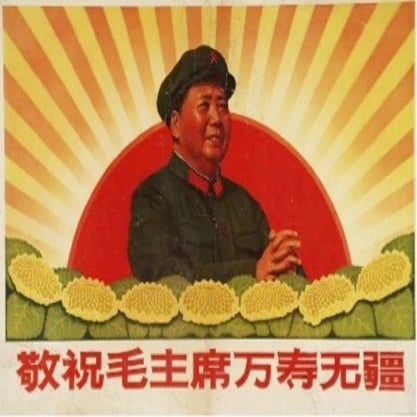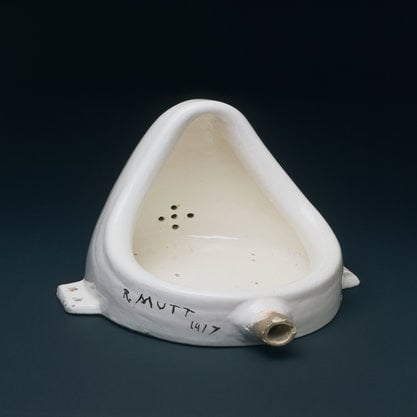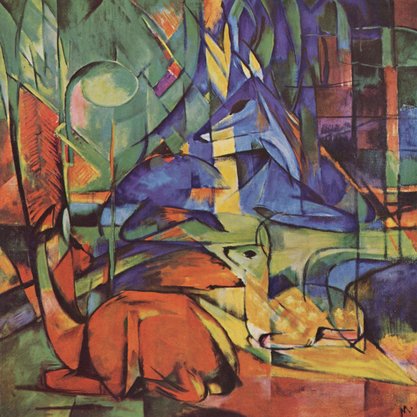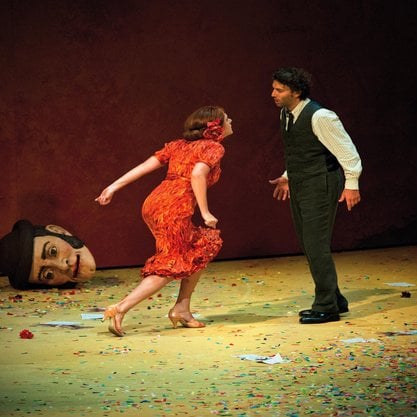Article
Yokomitsu, Riichi (1898–1947) By Yoshikuni, Hiroki
Article
Riichi Yokomitsu was a Japanese novelist who, as one of the founders of Shinkankaku-ha [New Sensation School], helped introduce European avant-garde literature into Japan during the interwar period and opened the door to Japanese modernist style. His stylistic innovation, opposition to the proletarian literature favored by Korehito Kurahara, and theory of the novel opened up Japanese fiction to possibilities other than realism and the I-novel.
Yokomitsu was born Toshikazu Yokomitsu in Fukushima prefecture in 1898. After attending—and later being expelled from—Waseda University, Yokomitsu started a magazine, Bungei Jidai [Literary Age] in 1924 with Yasunari Kawabata, Teppei Kataoka, Yoichi Nakagawa, Toko Kon, and others. Bungei Jidai, which became the major vehicle for the New Sensation School, marked the beginning of the Showa period in literature, along with the proletarian writers’ Bungei Sensen [Literary Frontier], which was launched in the same year.




